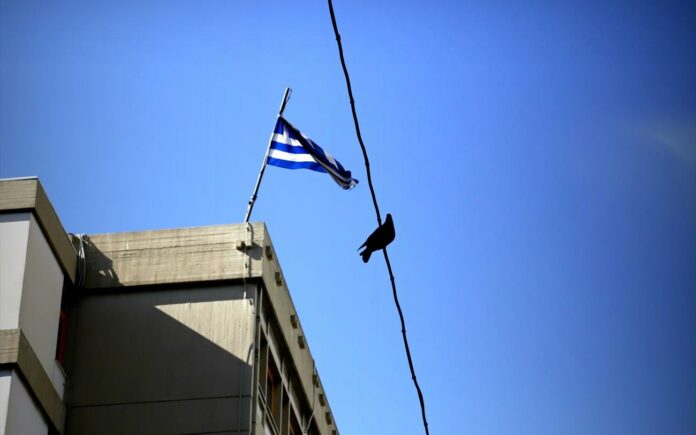By Nikos Bellos
Concluding negotiations for two separate packages, the “well-known” 5.4-billion-euro mix of tax hikes and supplementary pension cuts, and the recently emerged “contingency package” of 3.6 billion euros, will determine whether the Greek government achieves a first review of the Greek program (third bailout) this week.
The “contingency package” was the latest demand by institutional creditors – Commission, ECB, ESM, IMF – and stems from the IMF’s insistence that primary budget surplus targets through 2018 cannot be met by Greece with the first package alone. The Washington-based Fund’s arguments apparently swayed European creditors, with the so-called “Quartet” of lenders appearing with a unified position vis-a-vis Athens at Friday’s Eurogroup meeting.
Thursday, April 28, now looms as the latest deadline to conclude negotiations at the technical staff level. Previous deadlines had been set and not met, a trend that means the Greek state’s financing is stalled.
In a compromise between the IMF and Europeans, the latters’ position of 5.4 billion euros worth of measures, instead of the IMF’s demand for implemented measures worth nine billion euros, won out in the end, with the difference of 3.6 billion euros left for the “contingency” scenario.
Last week’s announcement that Greece’s primary budget surplus totaled 0.7 percent of GDP for 2015, bettering a target of 0.25 percent, softened the IMF’s stance in the end. Nevertheless the fund’s leadership, including managing director Christine Lagarde, still insist that current measures on the table still will achieve the goal of a 3.5-percent primary budget surplus in 2018.
According to Eurozone sources, the “contingency package” was backed by Germany, Finland, the Netherlands, Slovakia, Belgium and Austria, while the Italian side added that in the past Rome had undertaken a similar commitment. Germany, Finland and the Netherlands have long signaled that they cannot participate in the Greek bailout schemes without an IMF involvement.
The initial Greek reaction, expressed by Greek Finance Minister Euclid Tsakalotos on Friday, was that there is no margin in Greek law to such contingency measures, and that another “mechanism” must be found.
The Eurozone’s attention will now center on exactly what that “mechanism” will be and how the “contingency package”, assuming the leftist government ultimately accepts the condition, will carry the Greek government’s guarantee of implementation.














